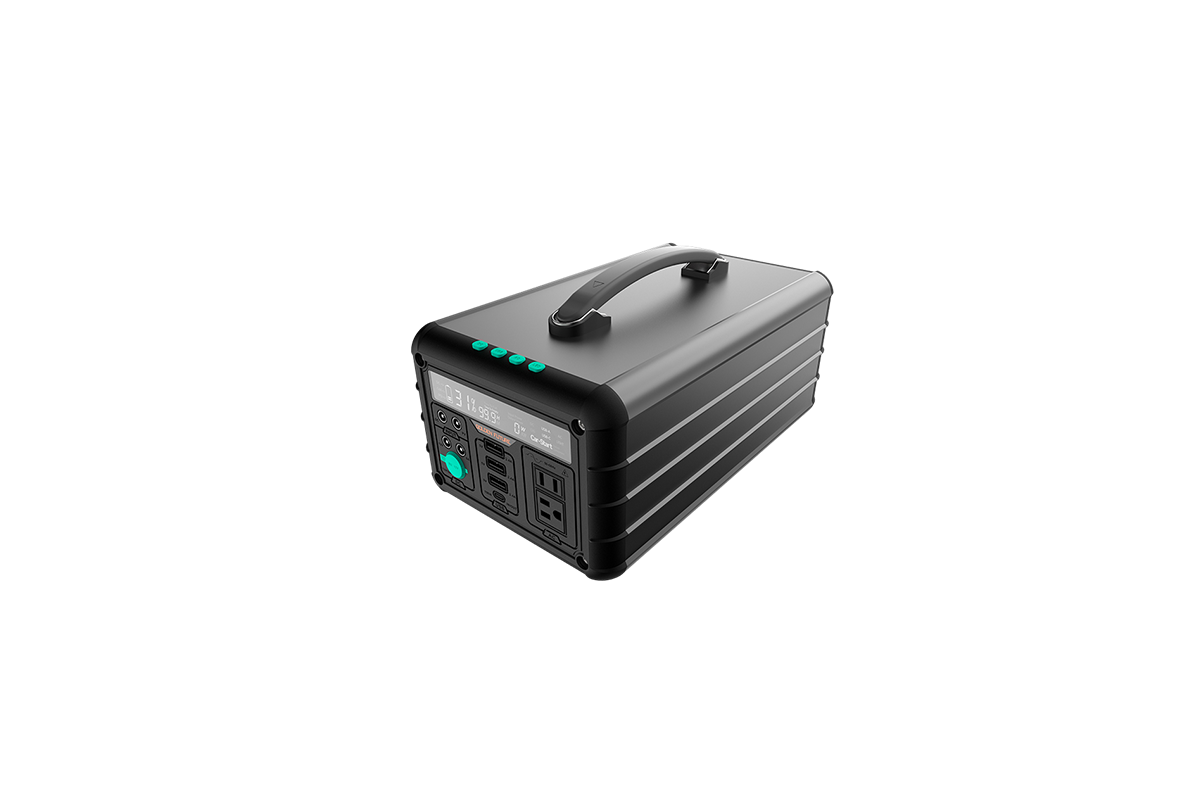

Time:2025-05-21 Views:1

Chemical energy storage batteries have emerged as a transformative technology in the realm of distributed energy systems. Distributed energy refers to small - scale power generation and storage systems located close to the end - users, such as residential communities, commercial buildings, or industrial parks. These systems offer several advantages, including reduced transmission losses, enhanced grid resilience, and improved energy efficiency.
One of the primary roles of chemical energy storage batteries in distributed energy is load shifting. During off - peak hours, when electricity prices are lower and the grid has excess capacity, the batteries can be charged. Then, during peak hours, when electricity demand is high and prices are often inflated, the stored energy can be discharged to meet the local load. This not only helps end - users save on electricity costs but also relieves the pressure on the main power grid. For example, in a commercial building equipped with a distributed energy system, a large - capacity chemical energy storage battery can store energy at night and supply power to air - conditioning systems, lighting, and other electrical appliances during the day, reducing the building's reliance on the grid during peak consumption periods.
Chemical energy storage batteries also play a crucial role in integrating intermittent distributed generation sources, such as rooftop solar panels or small - scale wind turbines. Solar and wind power generation is highly variable, depending on weather conditions. Batteries can store the excess electricity generated during sunny or windy periods and release it when the generation is low. This ensures a stable and continuous power supply to the local load, improving the reliability of the distributed energy system. Additionally, in the event of a grid outage, chemical energy storage batteries can provide backup power, allowing critical facilities like hospitals, data centers, and emergency shelters to continue operating without interruption.
Furthermore, chemical energy storage batteries enable the optimization of distributed energy resources. By coordinating the operation of multiple energy sources (such as solar, wind, and natural gas generators) and storage systems, operators can achieve more efficient energy management. For instance, batteries can be used to balance the power output of different generation sources, ensuring that the overall system operates at peak efficiency. This integration of various energy resources and storage technologies is a key step towards a more sustainable and resilient distributed energy future.
Read recommendations: